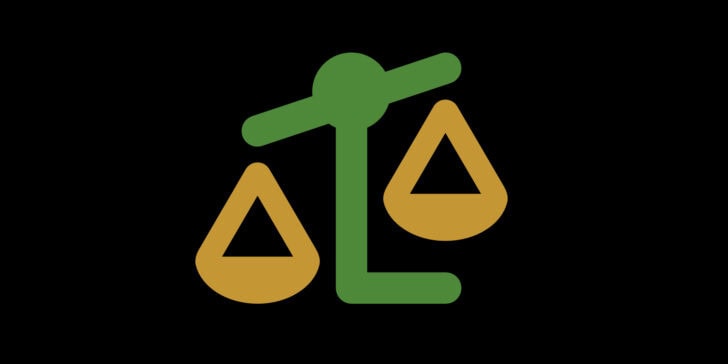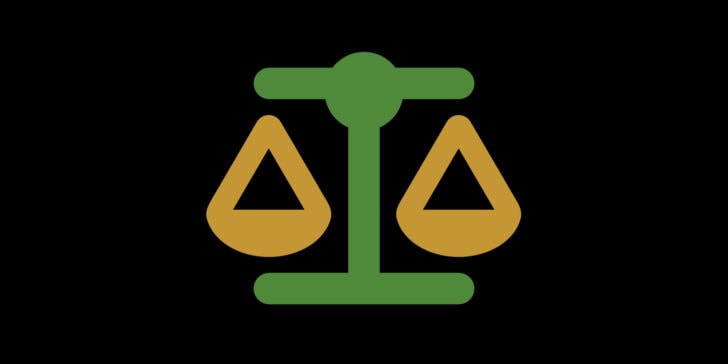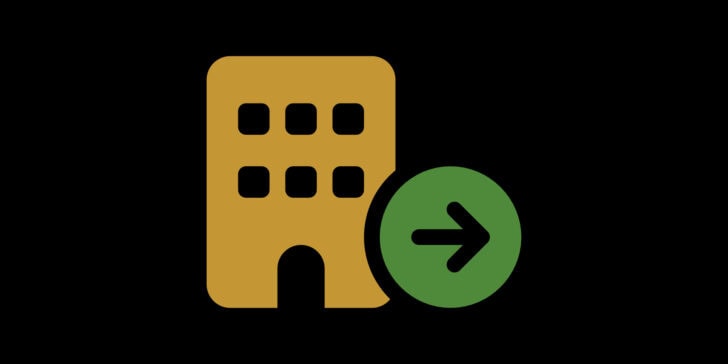Update: The original suit was withdrawn on March 13, 2025, and refiled a week later with certain changes, which you can read about here.
On November 27, 2024, a class action lawsuit was filed in NJ Federal Court against the operators of four sweepstakes casinos and their software suppliers, Google and Apple. The four casinos are High 5 Casino, WOW Vegas, Crown Coins, and McLuck.com.
The lead plaintiff, Julian Bargo claims to have lost more than $1,000 at NJ sweepstakes casinos. The lawsuit also claims that the casinos are operating illegally, masquerading as social casinos but turning smartphones into unregulated gambling devices. Bargo presents examples of marketing material, which he claims misleads consumers into thinking that playing on these sites is free.
The lawsuit seeks injunctive relief and recovery of all money lost at these casinos from illegal gambling. Meanwhile, the six defendants counterargue that sweepstakes casinos operate legally as social casinos.
What Are Sweepstakes Casinos and Are They Legal?
Sweepstakes casinos allow users to play for free, but they also not only allow but encourage spending money to obtain virtual currency to use in traditional casino games like slots, blackjack, and roulette to try to win real money prizes. On the surface, these casinos appear to comply with current applicable gaming laws. But because they are not subject to the same stringent state regulations and requirements as traditional online casinos, their legality is now coming under closer scrutiny.
There are only seven states where online and mobile casinos are currently allowed to operate legally, yet sweepstakes casinos are successfully operating in almost every state. The same applies to sweepstakes sportsbooks, although legalized online sports betting is now also available in most states.
Yet unlike traditional online casinos and sportsbooks, sweepstakes operators are not required to be licensed and regulated by the state agency charged with overseeing legal gambling. On the contrary, even though these businesses specifically target American players, most of them are based offshore. In addition, despite being highly profitable, sweepstakes casinos and sportsbooks have managed to completely avoid paying gaming taxes.
These irregularities have not gone unnoticed by the regulated gaming industry. Accordingly, the American Gaming Association has asked for investigations of sweepstakes operators’ practices on a state level. Some states, including Michigan and Ohio, have already ordered them to shut down.
Why Are Google and Apple Being Named in the Lawsuit Against NJ Sweepstakes Casinos?
The recently filed class action suit in New Jersey is not the first class action suit against sweepstakes operators. However, it is the first case where Google and Apple are named as co-defendants.
Apple and Google are named in the lawsuit for their alleged role in distributing apps that sweepstakes casino customers can download from the App Store and Google Play Store, respectively, for gambling purposes.
The two tech giants are being accused of violating the Racketeer Influenced and Corrupt Organizations (RICO) Act by enabling, supporting, and receiving a cut of the profits from illegal sweepstakes casino activity. A similar RICO suit was filed in New York against VGW on December 2024.
Implications for the Future of Sweepstakes Casinos
The New Jersey lawsuit is one example of growing awareness of the need for stricter regulation of sweepstakes casinos and sportsbooks. Will other states follow in the footsteps of the Michigan Gaming Control Board and order sweepstakes casinos and sportsbooks to cease and desist operations in their state? Or will there be a federal order to ban them?
I do not think the latter will happen because of their huge success and popularity with the public. But I do foresee changes in NJ sweepstakes laws and that skirting tax obligations and running unregulated advertising campaigns will be a thing of the past.



